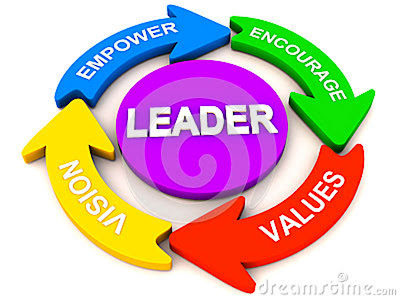Based on author Ronald Wright's book A Short History of Progress, Directors Mathieu Roy and Harold Crooks.
We tend to think of progress as an entirely desirable state of affairs when in reality it has just as much potential to lead to our extinction as it is does to utopia. That's the central idea explored in the documentary film "Surviving Progress".
Intend of this documentary is by illuminating how ideology, psychology and finance interact with ecology 'Surviving progress' is intended to be highly engaging and instructive mean of understanding.
The result of that word might have left with you a sense of what Surviving Progress feels like.The documentary's underlining idea is that humanity's progress – ever expanding, conquering, multiplying, monetizing.According to the movie head talking the word surviving progress is the progress trap.
Progress traps are defined as the condition societies experience when, in pursuing progress through ingenuity, they inadvertently introduce problems they do not have the resources or political will to solve, for fear of short-term losses in status, stability or quality of life. This prevents further progress and sometimes leads to collapse.
Traps exits in our global societies.According to the movie trap is indeed lurking our structure of our economy.A progress trap is the condition human societies experience when pursuing progress through human ingenuity.Has defined by wall street economist Michael Hudson progress has meant you will never get back what we take from you.The doomed tone in that statement is mirrored by the tone of the movie, by watching the movie you will get the feeling of that the trap are everywhere unless and until global societies makes some major changes such as forgive enormous debts, learn to live within it's mean and make a efforts to preserve our planet resources.
The movie also talk about the debt..The poor countries own such huge debts that even if they pay all their yearly earnings to their creditors, they only cover the interest.For paying the huge amount they have sell their assets like minerals,coals,oils,woods etc.The trap, in this economic case, is in the form of credit many people try to escape from it but they can't.according to the movie, a trap is indeed lurking in the structure of our economy.But the trap is not fix in the idea that free markets are necessarily bad, the trap is fix in the big banks, which have rigged the world so that some poor countries are shackled to poverty.
Traps exits in our global societies.According to the movie trap is indeed lurking our structure of our economy.A progress trap is the condition human societies experience when pursuing progress through human ingenuity.Has defined by wall street economist Michael Hudson progress has meant you will never get back what we take from you.The doomed tone in that statement is mirrored by the tone of the movie, by watching the movie you will get the feeling of that the trap are everywhere unless and until global societies makes some major changes such as forgive enormous debts, learn to live within it's mean and make a efforts to preserve our planet resources.
The movie also talk about the debt..The poor countries own such huge debts that even if they pay all their yearly earnings to their creditors, they only cover the interest.For paying the huge amount they have sell their assets like minerals,coals,oils,woods etc.The trap, in this economic case, is in the form of credit many people try to escape from it but they can't.according to the movie, a trap is indeed lurking in the structure of our economy.But the trap is not fix in the idea that free markets are necessarily bad, the trap is fix in the big banks, which have rigged the world so that some poor countries are shackled to poverty.
The movie also talks about science and technology...lots of progress has been done by science as well as by technology.This surviving progress movie challenge our mind to change our view toward humanity and what it will take us and our planet to survive.
Surviving progress is a beautiful movie which has beautiful images and ideas..which we can opt for changing our views towards humanity.I enjoyed this movie a lot.Surviving progress avoid this particular traps and leaves you with the weight of its ideas, ones that are enormously heavy, but never the less the central idea of this movie is humanity's history.









